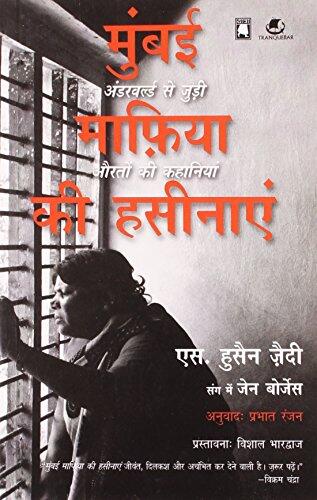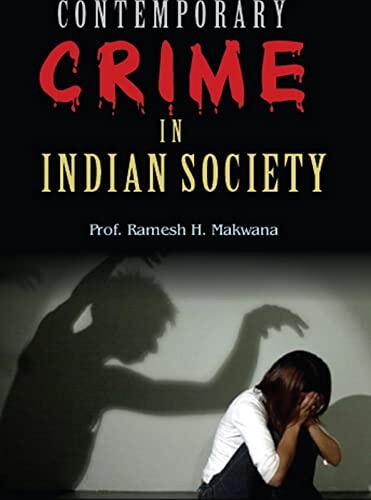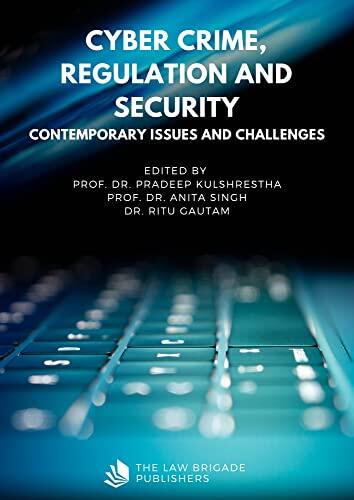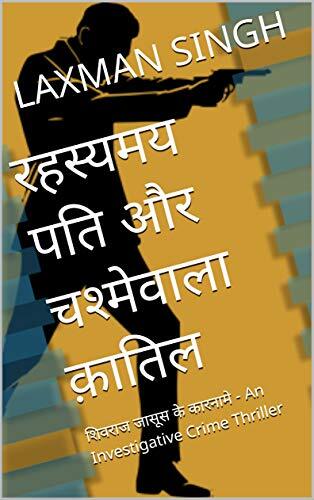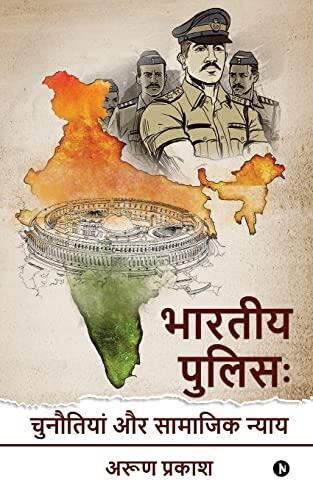
Indian Police: Challenges and Social Justice
작성자
Arun Prakash
아직 평점이 없습니다
Mystery
형식
페이퍼백
페이지
138
언어
힌디어
출판됨
Sep 30, 2022
출판사
Notion Press
ISBN-13
9798887835525
설명
Arun Prakash delves into the intricate landscape of policing in India, shedding light on the challenges that have emerged from colonial legacies and evolving societal needs. The book meticulously examines the historical context of the police system, tracing its roots back to the British-imposed Police Act of 1861, and highlighting how these foundations have impacted contemporary practices.
Through a comprehensive analysis, Prakash explores issues of accountability, governance, and the pressing need for reforms within the police force. He addresses various challenges faced by Indian law enforcement agencies, including corruption, inadequate training, and the struggle to adapt to a rapidly changing social environment. The author emphasizes the critical role of social justice, advocating for a policing system that better serves all segments of society.
Furthermore, the narrative is enriched with case studies and real-life examples that illustrate the complexities of police work in urban and rural settings. Prakash's insights encourage readers to reflect on the necessity of balancing law enforcement with community engagement and support.
Ultimately, the work serves as a vital resource for policymakers, scholars, and concerned citizens interested in understanding the path forward for Indian policing. It calls for a transformative approach that prioritizes justice, efficacy, and the safeguarding of citizens’ rights in the evolving democratic landscape.
Through a comprehensive analysis, Prakash explores issues of accountability, governance, and the pressing need for reforms within the police force. He addresses various challenges faced by Indian law enforcement agencies, including corruption, inadequate training, and the struggle to adapt to a rapidly changing social environment. The author emphasizes the critical role of social justice, advocating for a policing system that better serves all segments of society.
Furthermore, the narrative is enriched with case studies and real-life examples that illustrate the complexities of police work in urban and rural settings. Prakash's insights encourage readers to reflect on the necessity of balancing law enforcement with community engagement and support.
Ultimately, the work serves as a vital resource for policymakers, scholars, and concerned citizens interested in understanding the path forward for Indian policing. It calls for a transformative approach that prioritizes justice, efficacy, and the safeguarding of citizens’ rights in the evolving democratic landscape.
